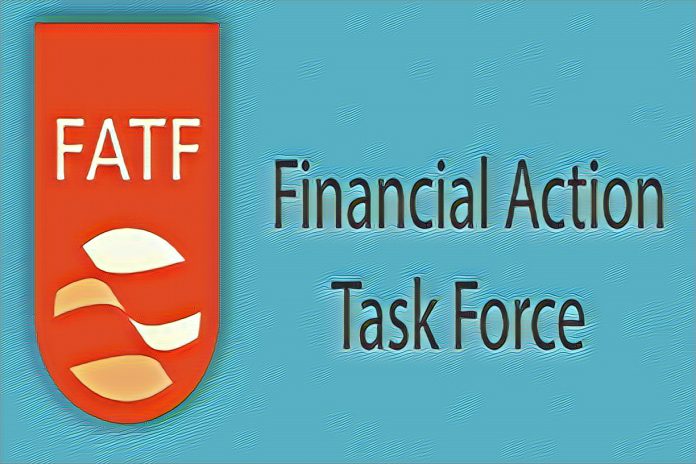Nigeria has received praise from the Financial Action Task Force (FATF), a global financial watchdog, for its efforts to exit the grey list of countries with weak anti-money laundering and counter-terrorism financing (AML/CFT) regimes.
The FATF officials commended Nigeria at a meeting with the Nigerian delegation to the plenary meeting of the group in Paris, France, where they discussed the progress made by the country in implementing the 15-item action plan given by the FATF in February 2023.
The FATF had placed Nigeria on its grey list after identifying some deficiencies in its AML/CFT framework, such as inadequate supervision of financial institutions, lack of effective implementation of targeted financial sanctions, and insufficient investigation and prosecution of money laundering and terrorist financing offenses.
The grey listing means that Nigeria faces increased scrutiny and monitoring by the FATF and its regional body, the Inter-Governmental Action Group against Money Laundering (GIABA), as well as potential restrictions on accessing international financial markets and assistance.
However, Nigeria has demonstrated its commitment to improving its AML/CFT regime by addressing 13 out of the 15 action items, according to the Director/CEO of the Nigerian Financial Intelligence Unit (NFIU), Modibbo Tukur. He said that Nigeria was now compliant or largely compliant with 32 of the 40 FATF recommendations, which are the international standards for combating money laundering and terrorist financing.
The FATF plenary also adopted Nigeria’s second progress report, which included approval of upgrades against six of the FATF criteria. The Vice-President of the FATF, Jeremy Weil, who attended the 40th GIABA Technical Commission and Plenary Meetings held in Abuja recently, also reported and commended Nigeria’s progress.
Nigeria is not the only country on the FATF grey list, as there are currently 19 other jurisdictions under the FATF’s International Cooperation Review Group (ICRG) process, including Pakistan, Ghana, Zimbabwe, and Syria. The average timeframe for countries to exit the grey list is two years, and some countries have remained on the list since 2021.
The FATF expects countries on the grey list to report on their progress every four months, at the FATF plenary meetings, and to demonstrate the effectiveness of their AML/CFT systems and the political commitment at the highest levels to sustain this progress.
The NFIU reiterated that Nigeria has not fallen behind any of the timelines given by the FATF and that the country has not failed to scale any reviews by the FATF. He said that all relevant authorities were working earnestly to fully implement Nigeria’s 15 action items before the deadlines expire.
The NFIU also assured that Nigeria’s exit from the FATF grey list would enhance the country’s reputation and credibility in the global financial system, and attract more foreign investments and development assistance.
Nigeria is expected to present its third progress report at the next FATF plenary meeting in June 2024, where it hopes to achieve a positive outcome and join the list of countries that have successfully exited the FATF grey list, such as Ethiopia, Sri Lanka, and Tunisia.
Source: Premium Times



